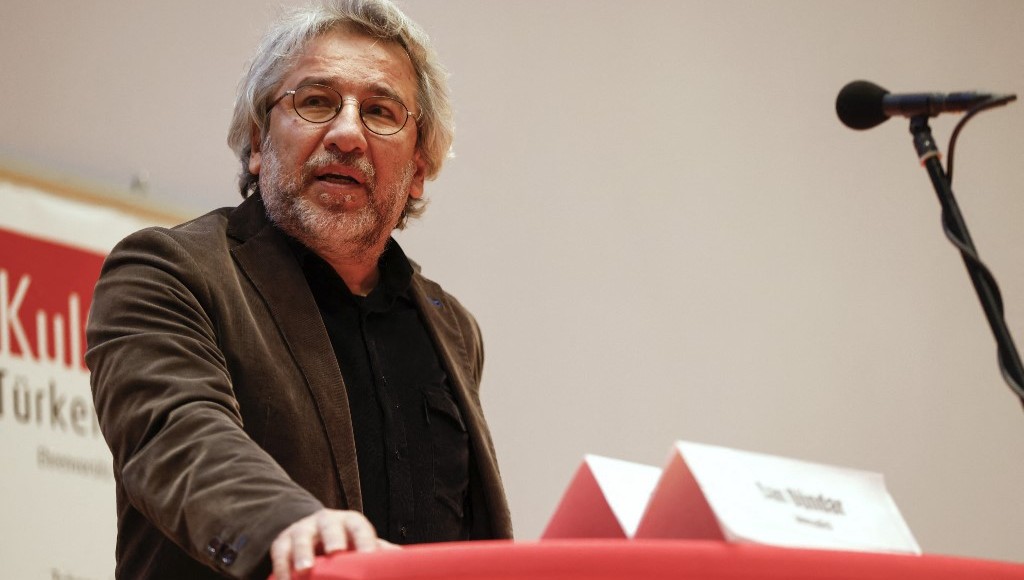The German branch of Reporters Without Borders (RSF) on Tuesday called on Turkish authorities to restore access to X accounts belonging to journalists Can Dündar and Amberin Zaman and to release Kazım Güleçyüz, editor-in-chief of the Yeni Asya newspaper, who was arrested in October for expressing condolences over the death of Turkish cleric Fethullah Gülen.
The blocked accounts are part of a larger crackdown on social media platforms in Turkey. Over 100 accounts belonging to journalists, activists and media organizations were restricted in the country last month. Among them are accounts operated by journalists living in exile, including Can Dündar, Cevheri Güven and Sevinç Özarslan, as well as Bold Medya, an outlet critical of the government.
The Turkish government has justified these actions by claiming that the accounts disseminate propaganda for what it calls the “FETÖ terrorist organization,” a derogatory term it uses for the Gülen movement. The Gülen movement, inspired by the teachings of the late cleric who lived in the United States from 1999 until his death in October 2024, has consistently denied involvement in any terrorist activity.
While Ankara unilaterally designates the Gülen movement as a terrorist organization, this classification is not widely acknowledged, recognized by only a very small number of other countries or international bodies. Gülen’s followers describe the movement as a network promoting education, interfaith dialogue and humanitarian work.
The social media restrictions coincide with growing government control over online platforms. Turkish authorities have used vaguely worded justifications such as threats to national security or public order to censor content critical of the government. Human rights groups have criticized the measures as tools to silence dissent, with Freedom House ranking Turkey as the least free country in Europe for internet freedoms in a 2024 report.
Güleçyüz’s detention has further intensified concerns over the shrinking space for free expression in Turkey. His arrest came amid a wave of detentions targeting individuals who shared condolences or praised the Gülen movement following the cleric’s death. Despite the lack of evidence tying them to violent activities, such acts have been portrayed by the Turkish government as support for terrorism.
RSF has urged the Turkish government to halt its censorship campaign and restore access to restricted accounts. The organization also called for the immediate release of Güleçyüz and an end to the prosecution of journalists and activists for their online posts.
Critics have accused RSF of selective advocacy for press freedom, alleging that the organization routinely overlooks the plight of journalists targeted by Ankara under the “Gülenist” label.
Despite the recent call from RSF’s German branch, prominent Germany-based journalists Cevheri Güven and Sevinç Özarslan, who have hundreds of thousands of followers and have also been targeted by Turkish authorities, were notably absent from the group’s appeal to lift restrictions on X accounts.
RSF did not respond ahead of publication to Turkish Minute’s inquiries regarding the omission of other prominent Germany-based journalists from its recent appeal to Turkish authorities.
Turkey’s harsh stance on media freedom and its aggressive monitoring of online activity have drawn widespread international criticism. Observers warn that such actions will further isolate the country and undermine its global reputation for upholding democratic values.



